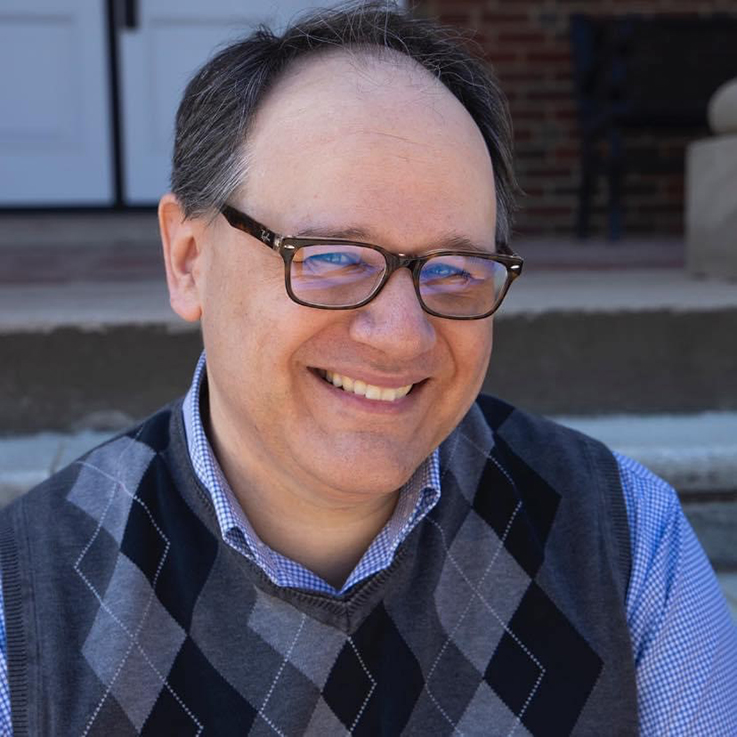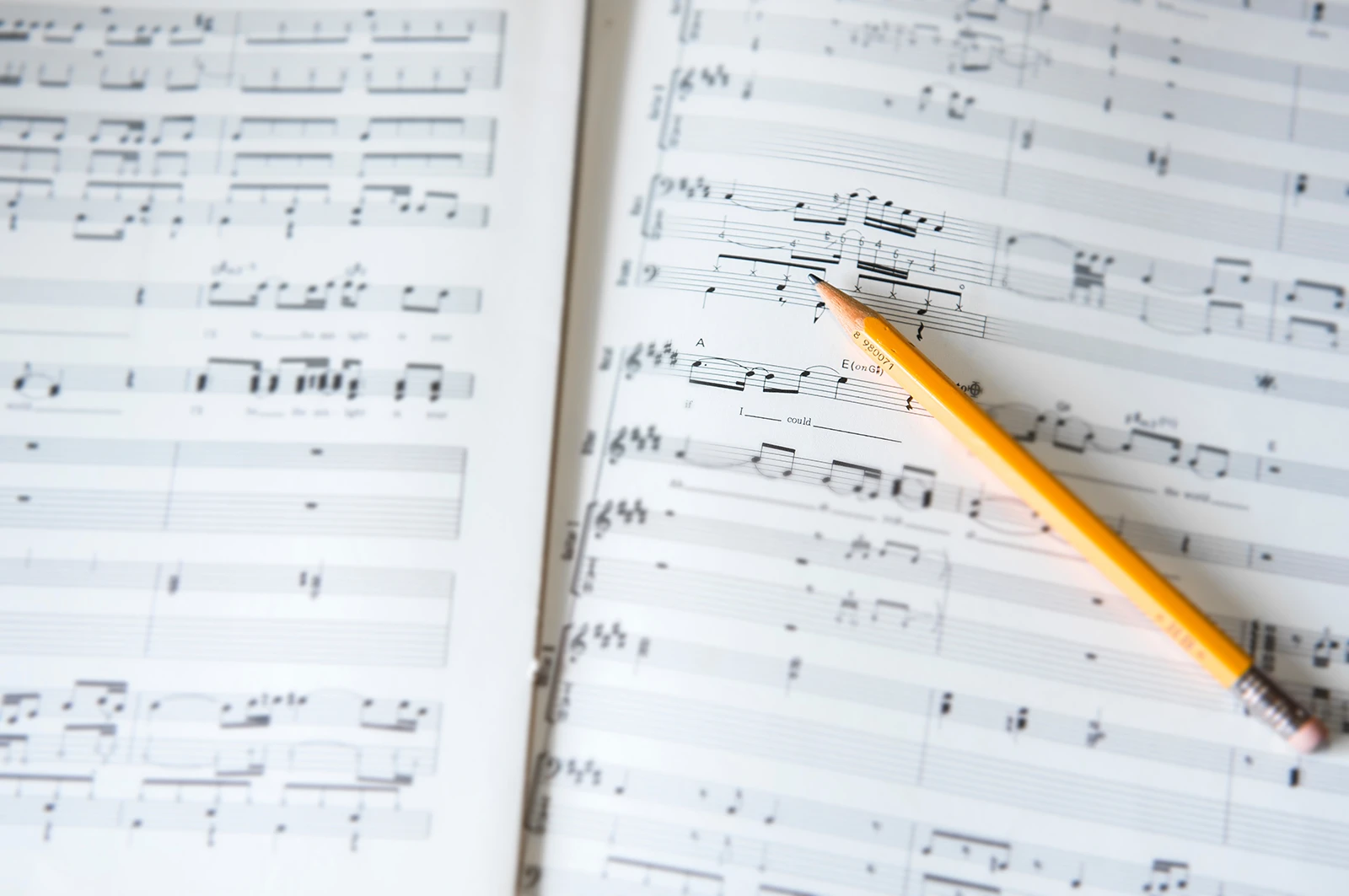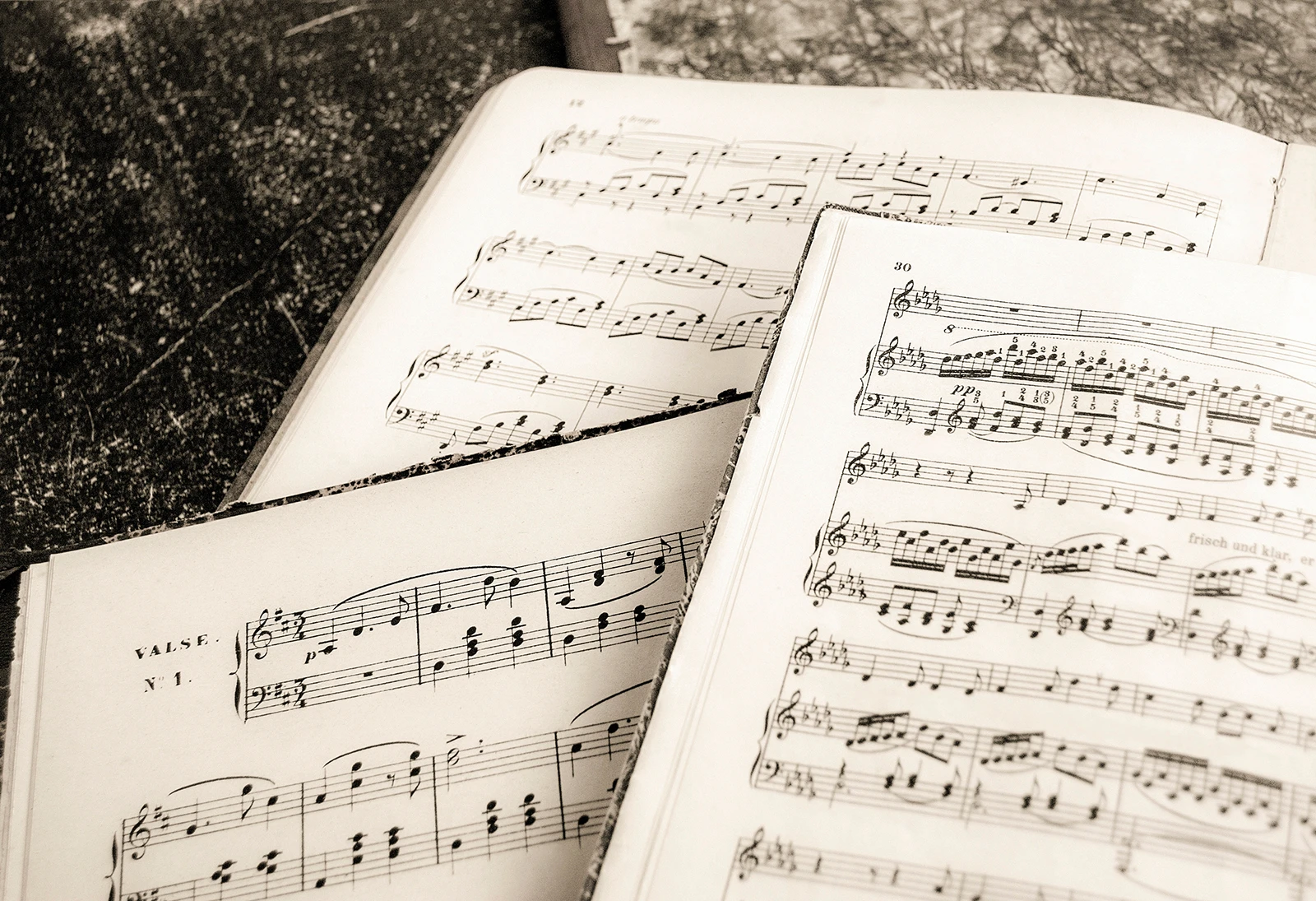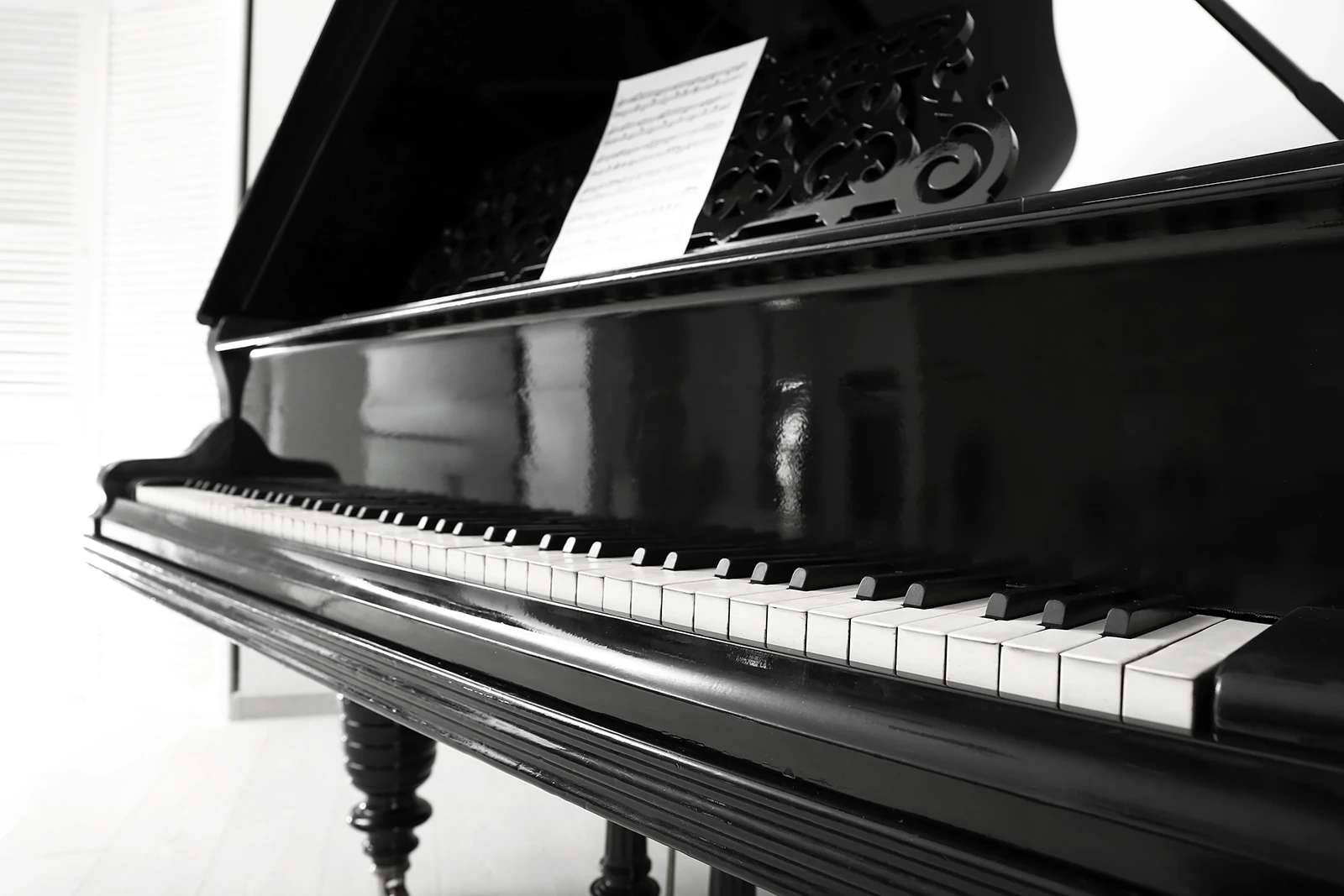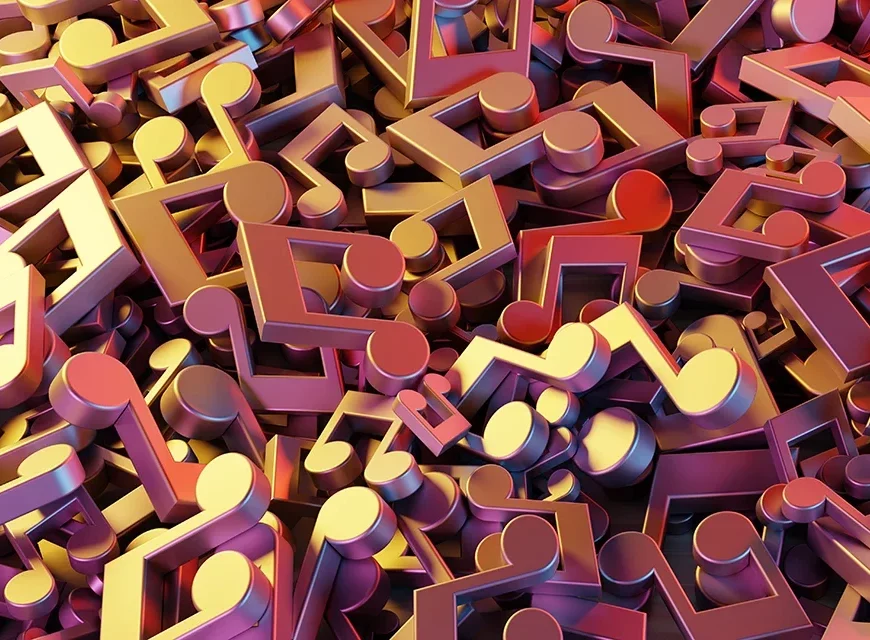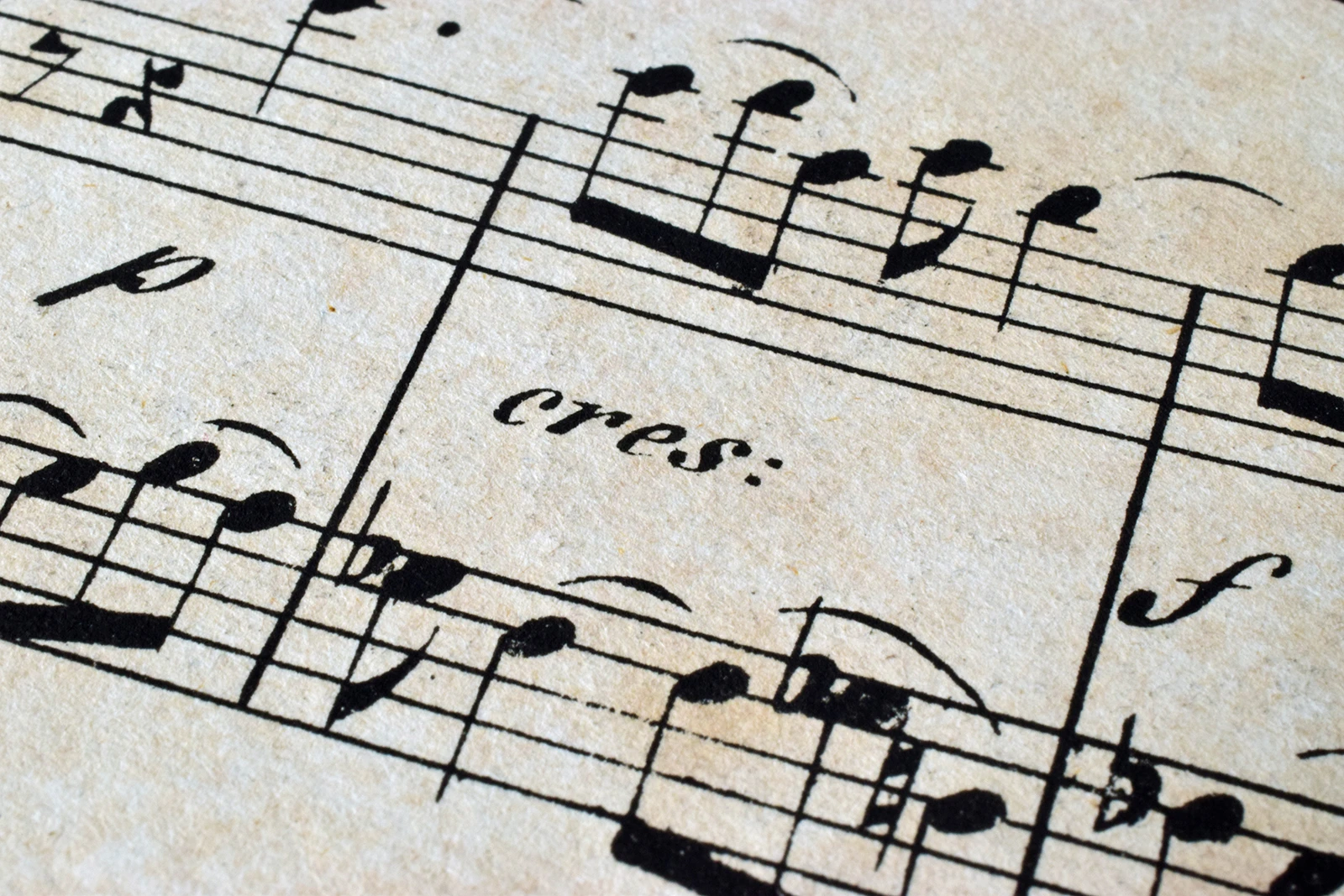Newtown. Las Vegas. Pittsburgh. Orlando. These cities (and many more) have become ground zero for random acts of violence against our own citizens. These tragic events now follow an all too familiar pattern: talking heads on the news trying to make sense of the violence and assess blame to both sides of the political spectrum, a call for unity from local, regional, and national leaders, the inevitable debate about the role of guns in our society, and the trail of destruction left in the wake of these senseless acts that cause permanent damage to relationships, communities, and our national psyche.
Whether we want to admit this or not to ourselves, this is an illness of epidemic proportions in our society. The statistics are clear that our country has the highest rate of violence towards its own citizens than in any other developed country. If this violence was considered a disease that had a low survival rate, an unpredictability as to how it is spread, and seemingly no effective treatment that can prevent future outbreaks, my sense is that health organizations such as the Centers for Disease Control and the National Institutes of Health would be spending considerable time and resources to combat this current scourge in our country.
As I am quickly reaching the half century mark, I am reminded constantly of the importance of prevention in the role of preventing disease: good nutrition, exercise, getting annual physicals, knowing your blood pressure and cholesterol numbers, etc. As I have observed the horrors of these senseless acts of violence, most recently where I live close to Pittsburgh, I am convinced now more than ever about the importance of arts education in the lives of our children, and how it can help prevent further acts of hate, aggression, and divisions in our country:
- A child that participates in an arts program knows the wonder of creativity, not the finality of destruction.
- A child that participates in an arts program experiences the safety, security, and support of community and belonging, not the sadness of isolation.
- A child that participates in an arts program experiences the fulfillment of working towards a common goal, instead of the mindset that says your failure is my success.
- A child that participates in an arts program experiences the unifying spirit of collaboration, not the destructive magnification of our differences.
- A child that participates in an arts program has the opportunity to experience personal growth in a supportive and caring environment, creating a citizen that will nurture and share with others, promoting the best ideals of humanity.
- A child that has an aesthetic experience through participation in an arts program knows the joy, exhilaration, passion, and life lessons that the arts provide: the more that you invest, the bigger the return.
- A child that participates in an arts program experiences tremendous personal growth as an individual, raising their self-esteem, confidence, self-awareness, and knowledge that they have something unique and special to share with the world.
- A child that participates in an arts program under the care of a care of a teacher that creates a nurturing environment for learning, will know what it is to be cared for and how to care for others.
- A child that participates in an arts program receives a complete education in what it means to be human, using their heads, their hands, and their hearts to make a better world.
When we consider the current toxic environment of hatred, violence, dishonesty, irresponsibility, mistrust, and discrimination by race, gender, creed and religion, it should be clear to all of us as arts educators that we have the what the country needs to prevent these random and senseless acts of violence before they occur. We have the unique potential to change the trajectory of every student that we come into contact with in our classrooms, concert halls, football fields, and everything in between. Our efforts as arts educators can act as a vaccine against the vitriol that currently exists in our society. For those of us that make arts education part of our lives, these events are a renewed call to use our art to fight the evil of this world, and create a better place for our children. Leonard Bernstein perhaps said it best:
“The point is, art never stopped a war and never got anybody a job. That was never its function. Art cannot change events. But, it can change people. It can affect people so that they are changed…because people are changed by art – enriched, ennobled, encouraged – they then act in a way that may affect the course of events…by the way they vote, they behave, the way they think”

